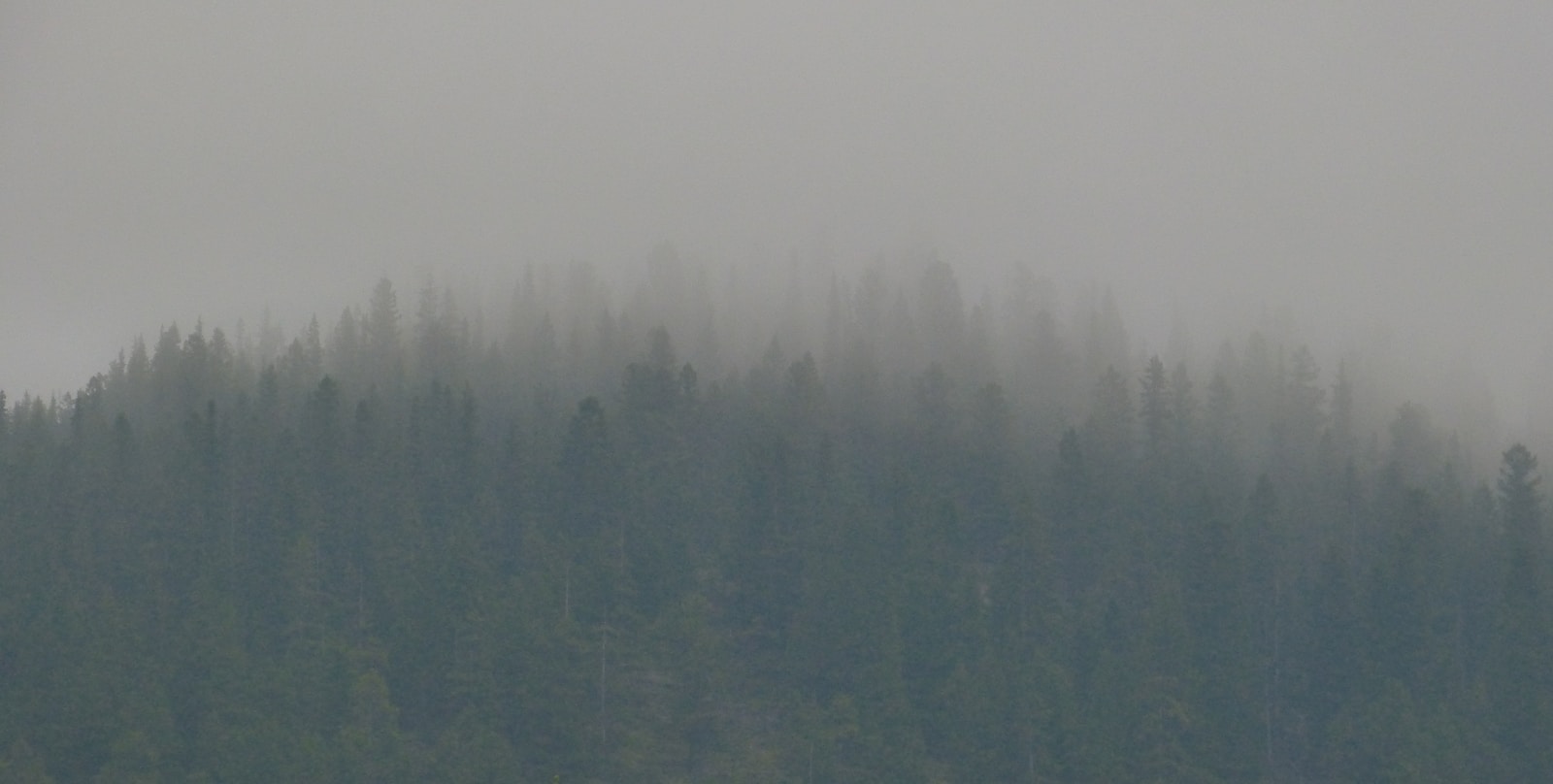Table of Contents
ToggleIntroduction
The 2023 wildfire season in Canada has been the worst on record, with more than 400 wildfires burning across the country. Smoke from these fires has drifted to cities across North America, including New York, affecting millions of people’s lives. The sheer scale and intensity of these fires have left many firefighters in awe, including a team of French firefighters who arrived in Quebec to assist nearly 1,000 Canadian firefighters and soldiers.
The Unstoppable Fires in Canada
The first foreign firefighters to reach Quebec, the French team, was greeted by fires that were 100 times bigger than any they had ever seen. An out-of-control fire was advancing rapidly toward a logging road, tearing through Canada’s immense and highly flammable boreal forest with a force and intensity bewildering to the French firefighters.
Challenges of Fighting Wildfires in Canada
The French firefighters faced many challenges in fighting the wildfires in Canada. The conifers in Canada’s boreal forest have a combustibility that the French team had never encountered. Additionally, fighting fires in Canada often means letting them burn, especially in thinly populated areas, and trying to stop them from spreading. This approach was different for the French firefighters, who were used to aggressively and quickly attacking much smaller wildfires in France.
Adapting to a Different Landscape
Quebec, a province three times the size of France, is ravaged by fires sometimes a hundred times as large as what the French firefighters are used to confronting. The French firefighters had to adapt to a landscape whose scale left them in awe. They had to adopt a defensive posture by suppressing embers in charred areas next to intact ones, in consultation with their liaison to the Quebec wildfire agency.
The Battle for Obedjiwan
The French firefighters were initially deployed to three areas in northern Quebec. They converged on an area called Obedjiwan – a hot spot about 400 miles north of Montreal by road. The battle for Obedjiwan was taking place in a typical patch of Canadian boreal forest. The forest was inhabited by a single community of about 2,000 members of the Atikamekw First Nations, not far from a critical hydroelectric dam. Until the French arrived, several immense fires north of Obedjiwan had been left alone as Quebec’s wildfire agency focused its efforts on the province’s inhabited areas, especially the largest city, Chibougamau.
The Long Game of Fighting Wildfires
The French firefighters adopted a long-game strategy, fending off fires that could come back to life in the coming summer heat. They tried to extinguish fires simmering below the surface, dousing the ground with water that they pumped from nearby lakes and streams, in an effort to prevent fires from reigniting and spreading to untouched areas.
The Value of Ancestral Lands
The wildfires have destroyed several cabins belonging to residents of Obedjiwan. For the Indigenous community, the cabins represented life on ancestral lands, an attachment to life and culture in the forest. The loss of these cabins has been a significant blow to the community. However, they remain determined to rebuild in the same place.
Conclusion
Fighting wildfires in Canada is a daunting task, as the French firefighters have experienced. The sheer scale and intensity of the fires, combined with the boreal forest’s combustibility, make it a challenging environment to work in. However, their experience has highlighted the importance of adapting to a different landscape and adopting a long-game strategy when fighting wildfires. The wildfires have also shown the value of ancestral lands to Indigenous communities and the importance of rebuilding these communities after the fires have been extinguished.







